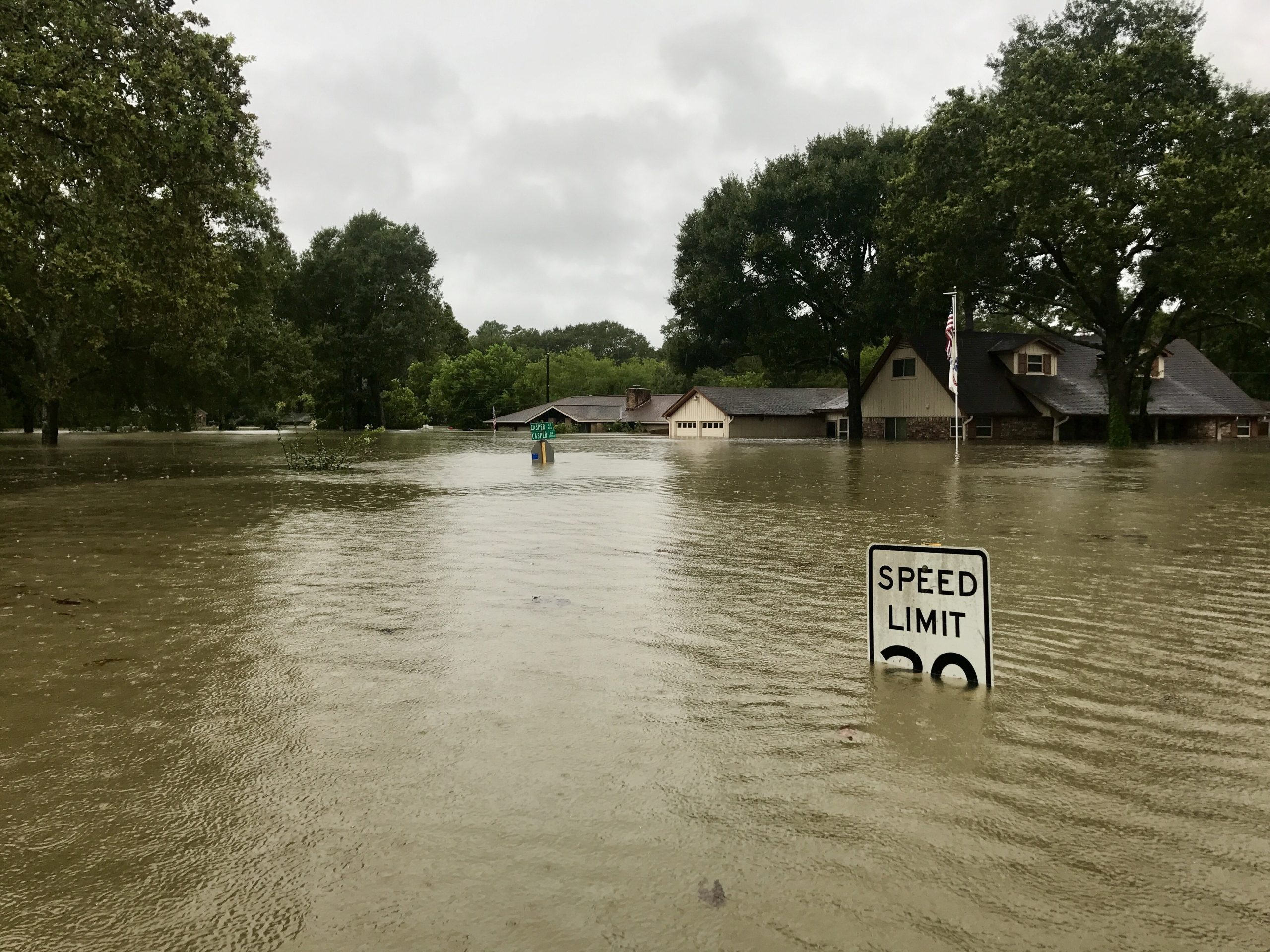FEMA Stalls Housing Help In North Carolina, Whistleblower Reveals Delays

In the wake of Hurricane Helene, which ravaged western North Carolina in October, residents are still waiting for the help they were promised. While the Federal Emergency Management Agency (FEMA) has claimed to be on the ground assisting victims, a whistleblower is now revealing that the agency has housing units ready to be deployed, but has no clear timeline to release them.
Marn’i Washington, a former disaster assistance crew leader for FEMA, spoke out about the agency’s inefficiency and what she describes as “a colossal event of avoidance.” Washington, who was fired after alleging that FEMA staff had been instructed to avoid homes with Trump signs, claims that the problem goes beyond isolated incidents. She suggests that FEMA’s senior leadership has been less than truthful about the agency’s internal operations, saying, “If you asked the people in the field, they would tell you the truth.”
Washington’s revelations come after reports surfaced showing FEMA employees participating in a virtual meeting discussing how to prioritize aid based on Diversity, Equity, and Inclusion (DEI) criteria. These discussions have raised questions about whether the agency’s focus on these initiatives is hindering its ability to provide timely and efficient disaster relief. Meanwhile, people in North Carolina are still living in tents, waiting for FEMA housing units that, according to Washington, are available but not being distributed.
While government officials continue to assure the public that they are doing their best, many are questioning why the process seems so delayed. The lack of urgency in getting people into homes as winter approaches only adds to the frustration. North Carolinians, especially in areas devastated by the storm, are left wondering why FEMA’s operations are so bogged down, despite resources being ready to go.
The situation brings to mind the failures seen in the aftermath of Hurricane Katrina in New Orleans, where FEMA’s slow response led to widespread criticism. While many of the stories from that disaster were exaggerated, the current situation in North Carolina presents a more tangible and pressing example of FEMA’s inability to meet the needs of disaster victims.
As winter looms and displaced families remain in tents, the question remains: Why is FEMA sitting on its hands? Is there a legitimate reason for the delay, or is it just another instance of government inefficiency and inaction when it is needed most?
























